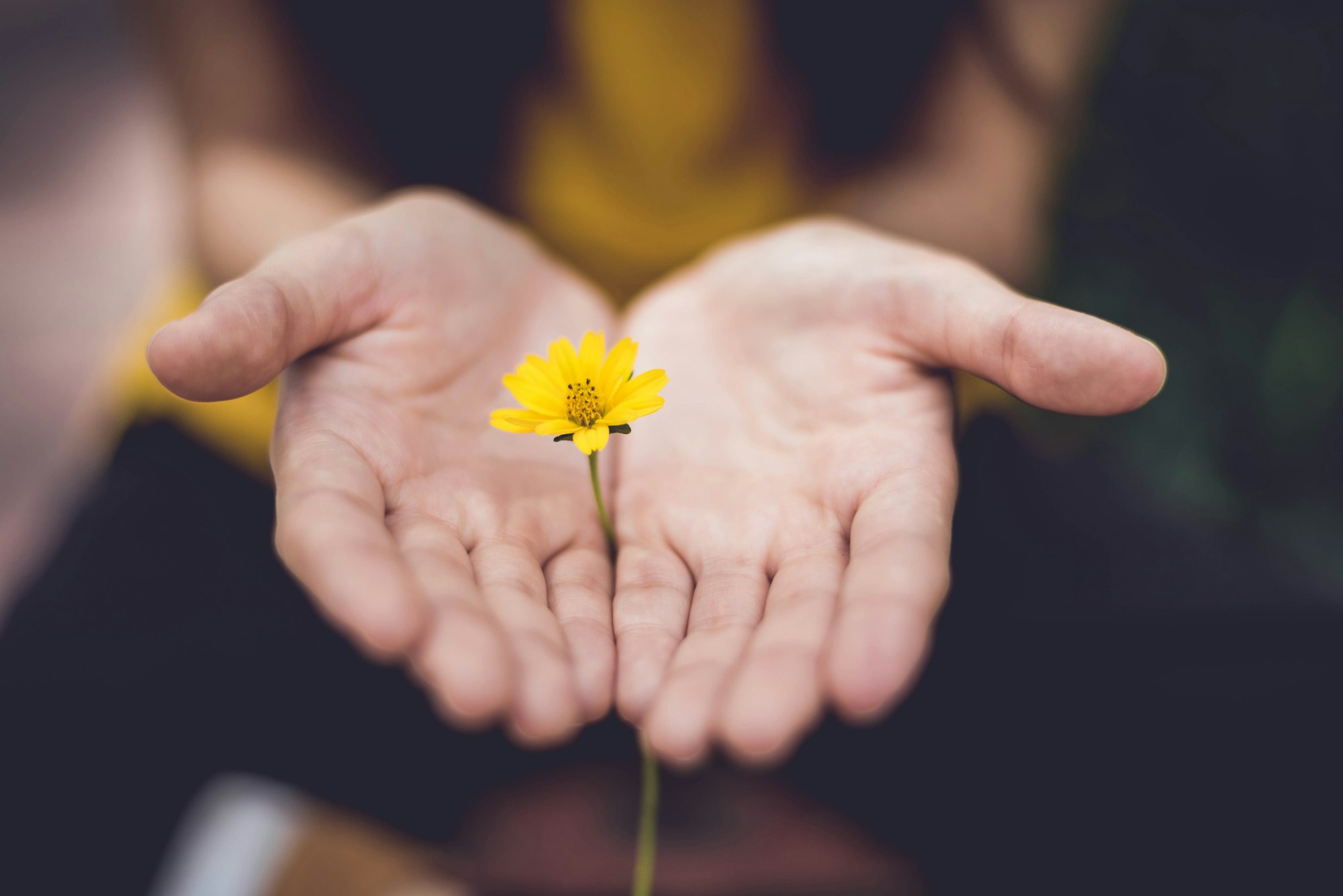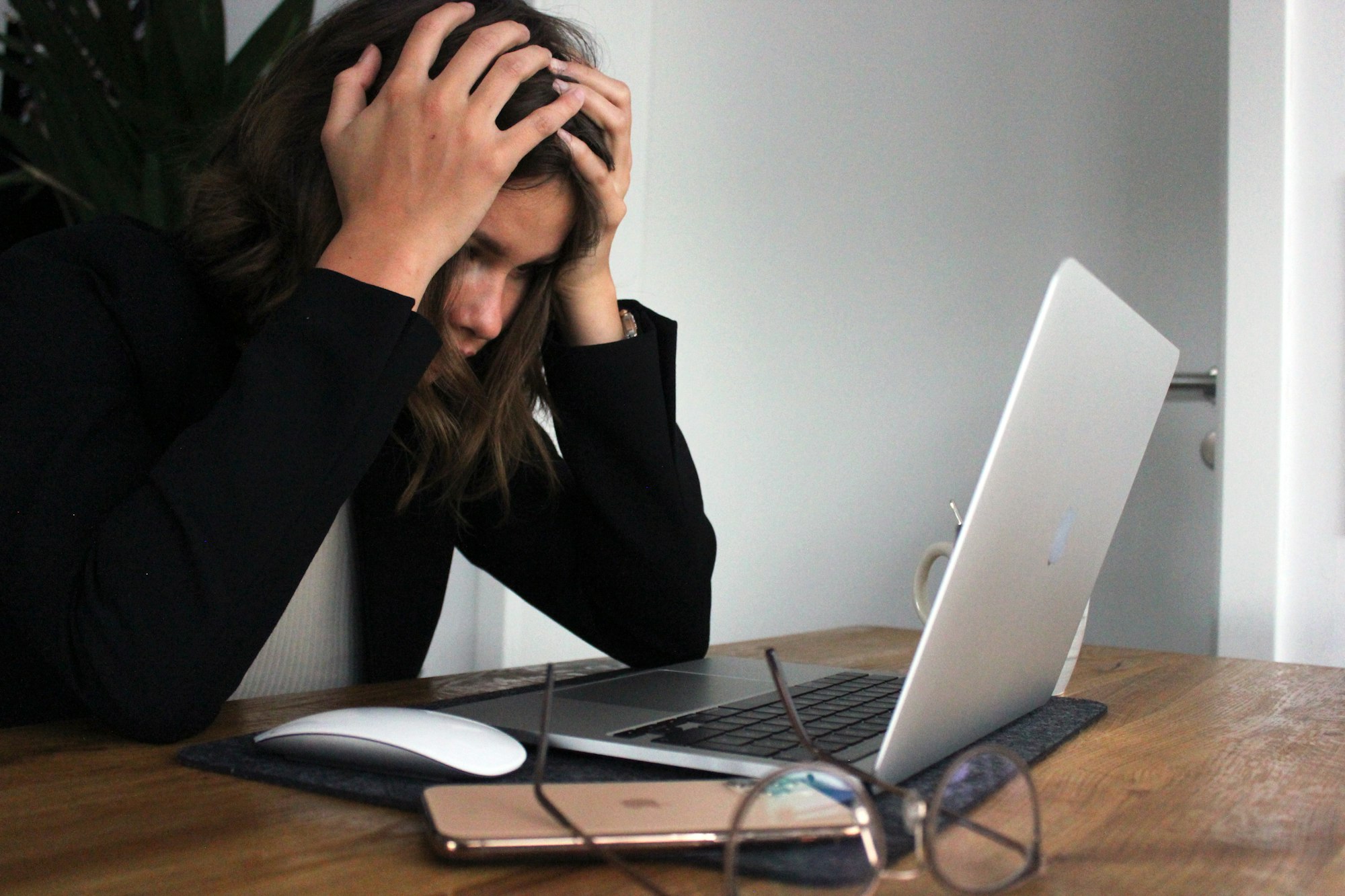This month, April 2022, marks Stress Awareness Month. Running since 1992, the month aims to raise awareness of all the stressors of our daily lives, and how we can find ways to manage what we're dealing with.
Over the last two years, we've faced plenty more stressors in our lives than normal; with the financial, physical and emotional drains of the COVID-19 pandemic. According to the Stress Management Society, in 2020 more people than ever were struggling and seeking support. This year, the month's theme is Community, chosen by the Stress Management Society because of the impact a lack of support can have on everyone; causing loneliness and isolation which can negatively impact everyone's mental health.
Isolation away from other people is something vital to consider, with more people than ever feeling lonely; especially younger generations, as we explored in our recent blog. As we emerge from the pandemic, the Stress Management Society feel it’s vital that "the community support experienced by many people during this challenging time continues. Although restrictions have mainly been lifted, people need support now more than ever as they adjust to a new way of living."
Check out our top 5 tips below for managing stress in your life, but it's worth noting that if you feel your stress is affecting your well-being and everyday life it's important to seek professional help*. Reach out to your GP or other professional and they'll be able to point you in the direction of the help you need.
1) Get yourself organised

People frequently experience stress as a result of allowing their workload to pile up, and leaving too little time to complete everything they need to. Avoiding unneeded stress can be as simple as being organised and prioritising your workload.
Begin by acknowledging that there are only 24 hours in a day, and no one can work them all! If you work long hours on a regular basis, you're more likely to burn out than accomplish great things, so make sure you're not over-reaching in order to finish it all. If you're frequently struggling with your workload, it could be worth reaching out to your manager to discuss your workload and what you can do to help ease your stress.
Another easier to way to approach your organisation is simply by making a list! Sort what you need to do in sections, whether that's in your work life or general chores, and prioritise what you need to do in ascending order of significance. Make your list either at the start of the day or right before you go home; that way it'll be fresh on your mind all you need to get done.
2) Make time to let yourself rest

If we don't take time to rest, our bodies and minds are at much higher risk of burnout. It's crucial to remember to take regular breaks and give yourself time to restore your energy, whether that's by ensuring you finish work on time, or taking a day off a month as a designated self-care day. Find an option that works for you in order to maintain a healthy work-life balance and minimise your stress.
If you don't make sure to take care of yourself, you can find yourself at risk of burnout; described by Mental Health UK, is a state of "physical and emotional exhaustion" which occurs due to prolonged and extensive stress, usually (but not always) due to a job role. Symptoms of burnout include:
- Feeling tired or drained most of the time
- Feeling helpless, trapped and/or defeated
- Feeling detached/alone in the world
- Having a cynical/negative outlook
- Self-doubt
- Procrastinating and taking longer to get things done
- Feeling overwhelmed
Physical symptoms are common too, with chronic stress leading to headaches, stomachaches, or even digestive and intestinal issues for some.
If you want to find out more about burnout, you can read our special blog on Burnout here.
3) Kick the unhealthy habits
Many of us unfortunately rely on unhealthy coping strategies and habits to deal with the stress we face in our lives. It's important that you we don't come to rely on things such as smoking, alcohol or caffeine to cope with our stress; these will all only lead to more health issues as you fail to properly manage the root cause of your stress.
Lack of sleep is the biggest unhealthy habit to kick. If you don't get enough sleep, you're not just becoming a daytime zombie, but you're also increasing your risk of high blood pressure, heart disease, diabetes, and depression. It may also be more difficult for you to learn and recall new information; impacting every area of your life! Make a regular sleep schedule and do your best to stick to it, with your goal being getting 7-8 hours of sleep each night. If you find drifting off difficult, try listening to white noise such as a podcast, meditation, or sounds of the ocean or forest to help you switch off and get relaxed.
4) Start making new habits

Whilst it's important to make sure you're able to manage all your responsibilities, it's equally as important to make sure you also set aside time for yourself away from your stressors! In this time, it's important to not only rest but start making hobbies and habits just for your own enjoyment.
Whilst many of us associate learning with ridgid, curriculum-set education, it's important to know learning is something we can all continue on throughout our lives. In the short-term, learning allows us to do something we find enjoyable and sparking our curiosity and interests. Looking to the longer term, benefits of learning include finding new perspectives that help us in all areas of our lives, from kickstarting creativity to help us find new ways to solve problems. Learning at any age has been shown to generate new brain cells, and has been associated with staying happier and healthier well into old age!
Here at Obby, we're all about experiencing the joy of learning and remaining curious. From pottery to painting, sewing to terrarium making, we offer over 3,500+ unique experiences offered by teachers local to you; so you can get learning on your terms.
Find something new to learn on Obby5) Embracing Mindfulness

In our ever-connected, forever-busy lives, making sure to keep time for ourselves is incredibly important. As we try to balance work or studies, home life and looking after others; often the first thing we neglect is ourselves as we end up more and more stressed. By incorporating mindfulness into our lives, we're able to take a step back and evaluate what it is we're truly feeling.
Well, what exactly is mindfulness you might be asking? In essence, it means practicing the ability to be fully present in a moment. That means we are actively choosing where to place our attention, whether that be focusing on our body and breath, or the thoughts we're having and the sounds around us, we're not allowing ourselves to be distracted by whatever else is going on right now. Staying in the moment, and not letting thoughts drift to the past or future, is also a key part of staying in the mindfulness mindset. Not letting any negative thoughts impact our outlook, as we stay grounded in the moment, allows us to be kinder to ourselves and those around us.
Need more advice?
Hopefully, these ideas to manage to your stress will help guide you during this years Stress Awareness Month. If you're still looking for inspiration, be sure to take a read of some of our other amazing guides and best round-ups below. We're sure you'll find something useful, oh - and don't forget to share the love.
- The Best Classes for Your New Year’s Resolutions | What to Learn in 2022
- Top 8 Classes To Enjoy On World Wildlife Day (2022)
- Top 10 Best Chocolate Making Classes In the UK
- 5 Best Web Designs For Counsellors (with templates)
- 10 Activities To Do in London On National Unplugging Day (2022)
- Top 7 Best Jewellery Making Classes in Bristol

